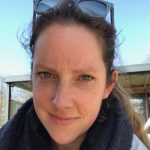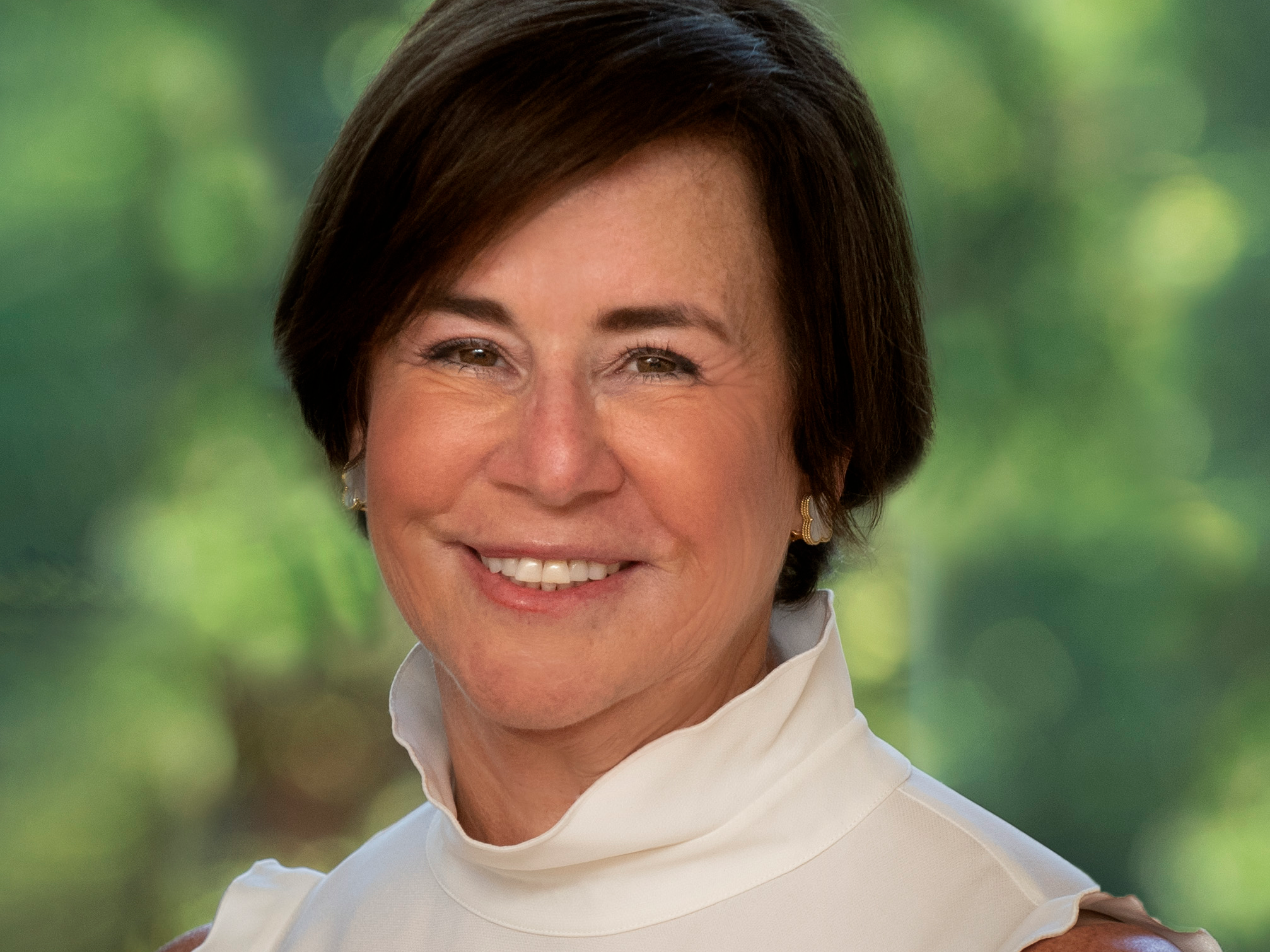- Susan Solomont is the author of “Lost and Found In Spain: Tales of An Ambassador’s Wife.”
- When her husband was appointed US Ambassador to Spain under President Obama, she left her career in philanthropy, her friends and family, and a life she loved to join her husband for a three-and-a-half-year tour overseas.
- Despite obstacles, she was able to create opportunities for herself at the US Embassy, while discovering 4 lessons about self-reinvention when the role that defines you changes.
- Visit BusinessInsider.com for more stories.
In 2010, I was given an opportunity that most people would never think twice about. The year prior, President Obama asked my husband Alan to serve as US Ambassador to Spain and Andorra. Alan and I made a joint decision: we said yes. Most people would jump for joy at this opportunity. And at first I did.
But as time drew near, my fear and anxiety began to rise. My husband had an exciting job ahead. But what was mine?
Throughout my life, work had always defined who I was. I had worked for over 30 years in the nonprofit world, fundraising for organizations I admired (such as PBS), and helping corporations and foundations make strategic philanthropic decisions. I was also deeply engaged in my role on the boards of many civic organizations in the Boston area, where I live.
By State Department ethics rules, I was not permitted to bring my work with me. I was being asked to give up my career and take on a role that most describe as a 1950s stand-and-smile-behind-your-man role. Really?
An active, meaningful role
Oh dear, not me. Forging a meaningful role for myself would be important. After all, I wanted to play an active part in this exciting adventure upon which we were embarking. That meant I would have to find meaning and value in whatever I ended up doing and make the best of a series of opportunities outside of what I had considered my "career" to that point.
I wasn't the first person moving overseas and needing to find a way to participate, be happy, and make a difference as a spouse. But I was determined to break past the limits inherent in my particular role as diplomatic spouse to create new opportunities, both for myself and for the Embassy.
It wasn't easy. The staff at the US Embassy in Madrid was busy. They all had job descriptions and important work to do. There wasn't a lot of spare time to figure out how to fit someone in to their ongoing work.
But I wanted a meaningful role, and had a mantra: "I am here to be an active part of the US Embassy Madrid and I want to help you in the work you do." I was relentless about meeting with everyone I could. Finally, someone from outside the embassy suggested working on a committee focusing on women's leadership in the business world. I seized this opportunity. I didn't know what it would entail, but that didn't matter. I trusted myself to figure it out.
Facing down obstacles
Obstacles abounded. My Spanish wasn't fluent enough. I didn't know the women involved, and the culture was new to me. So I listened to them (sometimes with the help of a translator). I came to understand what some of their needs were. I learned that there was a lack of networking opportunities for women in Spain. An idea was hatched. What if I gathered leading Spanish businesswomen (and some men), staff members at the US Embassy, Embassy family members looking for employment, and professionals? We could shine a light on the amazing work both Spanish and American women were doing while at the same time offering an opportunity to network and learn from each other.
I was patient. The initiative began slowly with one event. I worked to find one person at the Embassy who would support this endeavor, and we started to plan. We aligned with various Embassy departments that could potentially have an interest in the topic and we dug into work on a series of events that would grow and evolve over time. Slowly but surely, momentum picked up - and in the end, we produced the Women's Leadership Network, a series of events featuring top-level women and entrepreneurs in journalism, social media, gastronomy, finance and a host of other fields.
What lessons did I learn as I forged this new path for myself? And how are they transferable to anyone seeking new paths?
Read more: I was such a bad micromanager that all my employees quit - and it taught me the one trait all powerful leaders need
Four powerful lessons the experience taught me
First, I discovered the importance of drawing on personal characteristics as much as professional expertise. Patience, persistence, resilience, openness, kindness … these are the traits that will help buoy efforts and sustain you throughout them.
I also recognized the value of understanding others' needs. This begins with listening to those around you rather than making assumptions. Doing so will inform you about what meaningful contribution you can make and where exactly your skills can be useful.
I realized, too, just how powerful it is to bring people together and gather a tribe. Working with people who can align with you is essential to building momentum. And remember to thank them. Always.
Another extremely powerful lesson I took away from this experience: Trust your instincts. Don't overthink. Doing so can prevent you from taking action. It's okay to make mistakes. In the same vein, be flexible and know how to seize opportunities - even if they don't appear at first blush to be exactly what you're seeking.
Forging a new path for yourself in uncharted territory when the role that defines you suddenly changes may take hard work, but that's okay. Working hard will pay off. So will persistence.
Which brings me to my final point.
Don't give up. if things don't pan out the way you'd hoped the first time around, keep trying. Experiment, learn from each experience, embrace the unknown, and grow. From 2008 to 2012, Susan Lewis Solomont she served alongside her husband, Alan Solomont, in Madrid, Spain, where he was appointed as US Ambassador to Spain and Andorra under President Barack Obama. She was named International Woman of the Year by FEDEPE, the leading organization for Spanish women executives and directors. She holds a bachelor of science degree from Cornell University and a master's degree in education from Tufts University. "Lost and Found In Spain: Tales of An Ambassador's Wife" is her first book.

